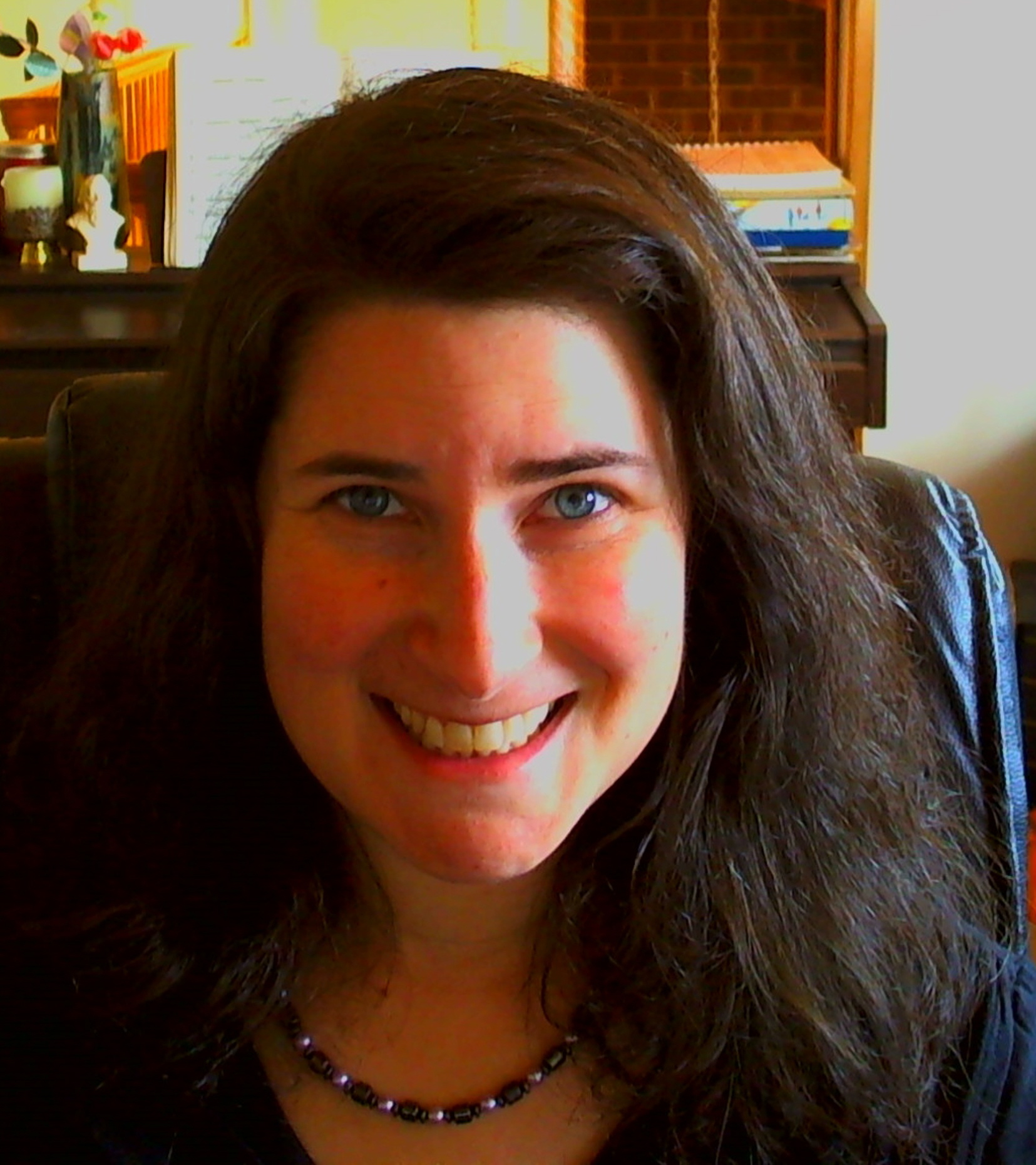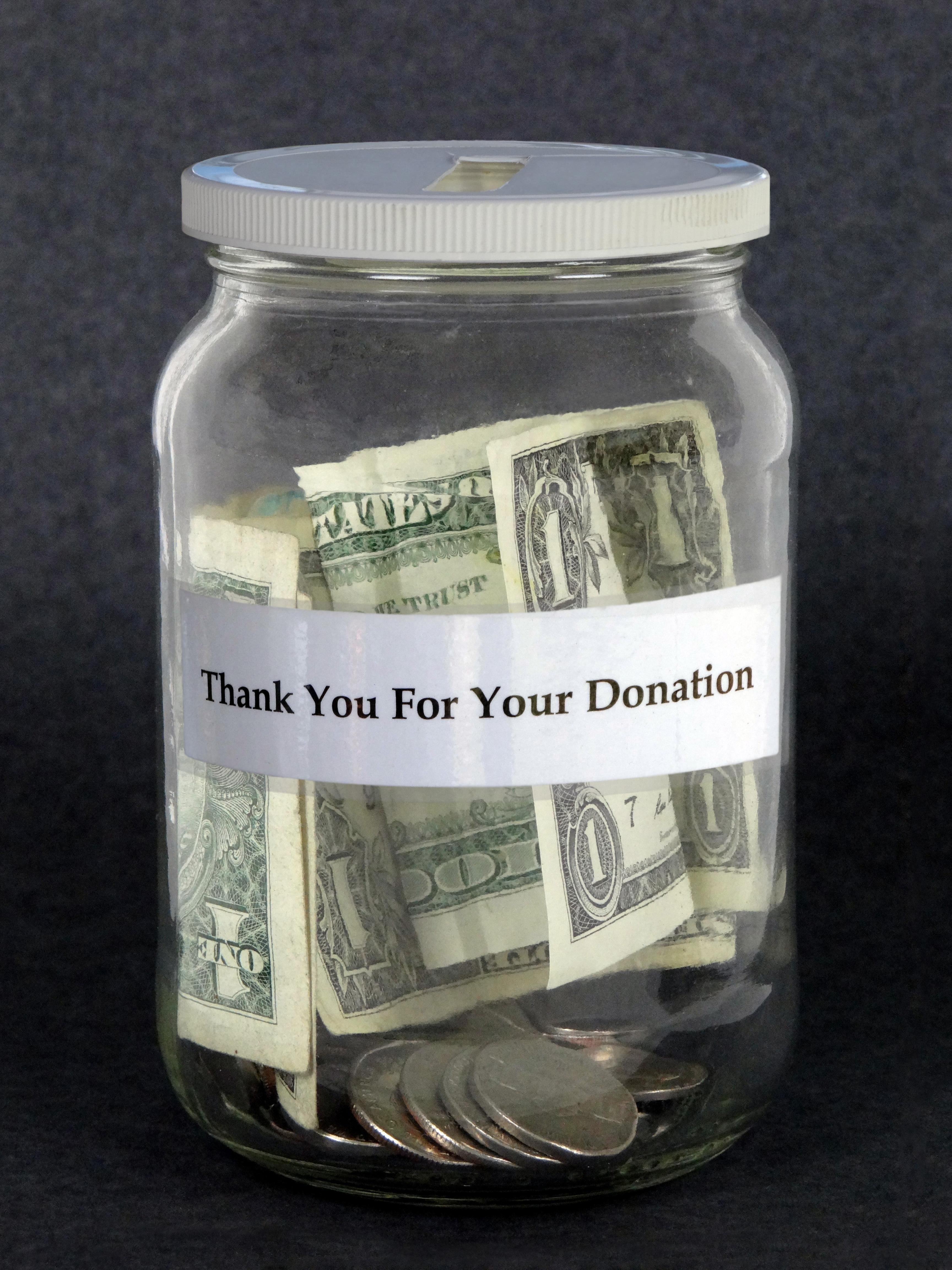My friend, Dale, sent me a thread to look at on Reddit: Going to my first symphony, what are some tips for my first experience?
This ongoing conversation has me thinking about traditions and their protocols. The traditions with the respective protocols are generated by people. People adopt these ways, and a status quo forms.
We are currently in the wave of changes in status quo and our traditions are being challenged. I have mentioned traditions and status quo a few times now, but I have yet to explore it further than the thought that changes are happening and people are taking sides due to these changes.
Currently, I am thinking about the Amish way of life. Back in the day, the majority of people churned their own butter, plowed the fields with horses and donkeys, sewed and washed their clothes by hand and built their own furniture. When steam, gas, electricity, came into the picture, everything changed and the old way of living was put to rest, except in the places where people chose to continue to live the old traditional lifestyle. We have pockets of the old among the new. The Amish live a quiet life in a hidden pocket of our noisy society. They are still in existence and have not died in the process of change.
I feel that we can have pockets of tradition to be side by side with the new. The key is to figure out which end of the spectrum you choose to live in. If you do decide to choose the old traditions, which is fine, be prepared to live in your pocket, your extreme niche. You will still find an audience, yet it will be a smaller, more specific audience. If you want to break out of the traditions, be prepared to risk, experiment, reach out to new audiences, and change with the times.
It doesn’t have to be uncomfortable. We can complain about the new audiences and their disrespect for the old traditional way of presenting the arts, or we can choose to be comfortable and live in the direction that we decide is best. Neither way is wrong. It’s only a matter of choice!
Cheers to happy and loyal audiences,
Shoshana
Shoshana Fanizza
Audience Development Specialists
https://www.buildmyaudience.com
“Never treat your audience as customers, always as partners.”
~James Stewart
Please consider supporting ADS so we can continue our work. Donate here!






After a quick debate on Twitter, I want to state that no matter what type of presentation you choose, you can use audience development to broaden, deepen and diversify your audience. I was mainly using my observation that the organizations that are seeing bigger audiences are mainly implementing new forms of presentations and programming. I am not stating that younger generations will not like the traditions, however, in our world as it is now with the changes that have already happened, it is less likely the majority of the younger generations will settle down for the traditional formats. They have their own language and style for perceiving and navigating their worlds.
Please feel free to comment here or on Twitter. Conversations are most welcome on this topic, and if I did happen to strike a chord, dissonant or harmonious, feel free to share.
[…] My friend, Dale, sent me a thread to look at on Reddit: Going to my first symphony, what are some tips for my first experience? This ongoing conversation has me thinking about traditions and their … […]
I’m fascinated by this question. I’ve been working professionally on the artistic staffs of large professional theaters for 10 years now, and attending 1-2 plays a week for longer. So, on one hand, I’m a quintessential insider.
But I have a loud laugh. I’m a fantastic audience member–I listen fully and deeply–and I never laugh inappropriately, But when I laugh–at humor, when others are laughing–it’s on the loud side. I can control it, but I have to concentrate and that distracts me from the experience of the play.
Frequently, I have the experience that a subscriber-type woman will start to turn around and glare at me whenever I laugh. One time, at Tony Kushner’s INTELLIGENT HOMOSEXUAL at The Public–a play I had traveled cross-country to see since seeing ANGELS as a teenager is the reason I’m in the theater–I was told by one such woman that I do not know how to attend theater. I was able to reply “Ma’am, I am the Literary Manager of Steppenwolf Theatre Company.” I belong in that space. And it is offensive to say that I do not.
I think these frictions are not caused by my actual behavior–I often hear these same people whisper loudly to their companions, something I never do–but by my perceived class. And I think that there are many patrons who attend theater largely as an expression of class identity.
But our conception of class identity and norms is changing. Our culture is more informal. The old paradigm of the arts as a force that elevates us as individuals and as a society is no longer persuasive to most (http://www.theartswave.org/sites/default/files/pdfs/The%20Arts%20Ripple%20Report,%20January%202010.pdf). But the performing arts’ power to foster community and connectedness is increasingly rare and ever more valuable in our fractured society. This is our competitive advantage as a form.
I think it’s time we questions our codes of decorum. Which are truly functional? And which are expressions of class identity, of cultural “elevation”. A signal for the wealthy to show that they merit their privilege.
[…] The uncomfortableness of old and new side by side? […]